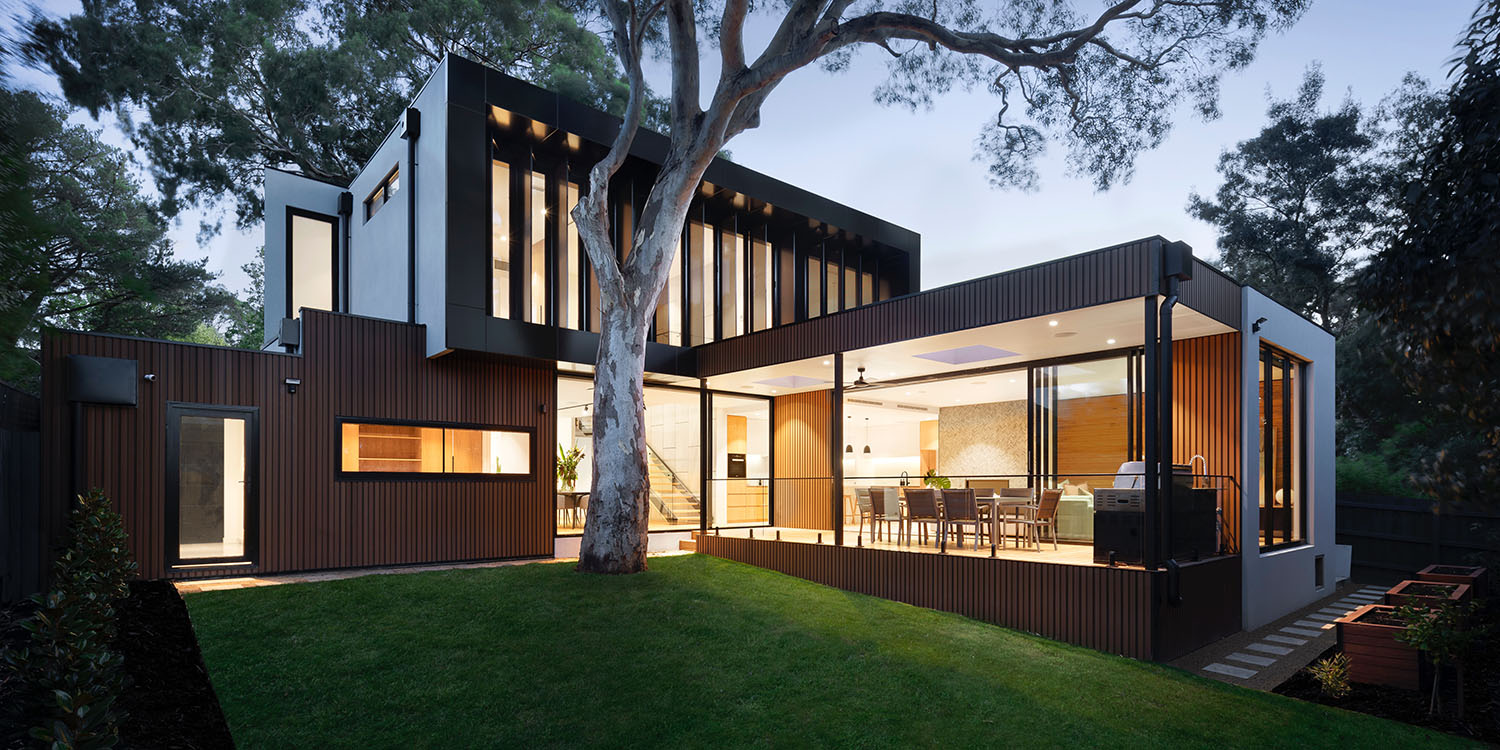
It’s been reported that Apple is working on making iOS 18 the biggest update in years, and I’ve argued that it needs to do so, with artificial intelligence at its heart.
In particular, I’d like to see Apple bring AI smarts to HomeKit. That is, make Apple’s smart home ecosystem truly smart …
The term AI has been thrown around for all kinds of nonsense for years now, but I think it’s ChatGPT, Midjourney, and the Photoshop generative features which have demonstrated what a truly smart system looks like. And I’d love to see Apple bring those types of smarts to HomeKit.
To me, perhaps the biggest defining factor of the new generation of AI systems is that I only have to tell them what I’m trying to achieve, and let the system take care of the how.
I rely a lot on HomeKit scenes, and they can be quite tedious to create, especially given that you may need to include many more accessories than you might expect.
For example, I have a HomeKit scene I run when headed to bed. That switches on low lighting in the bedroom, but also switches off all other lights. Because I may have been in different rooms, using different combinations of lights and lamps, that scene needs to explicitly switch off everything that may have been on in other rooms. That turns a simple scene configuration into a long-winded one.
A few illustrative examples
One simple next step would be that, instead of me manually checking that every other light was out, I could simply tell it to switch on low lighting in the bedroom and switch off all other lights – without having to explicitly add them all to the scene.
But a true AI approach would be if I could give HomeKit my intent and have it figure out what is necessary to achieve that.
For example, simply tell Siri that I want the temperature in the living room set to 68F, and have it figure out what heating or cooling devices might need to be used to achieve that.
Or I might be arriving home at night. At present, I have the Home app configured so that when I unlock the smart lock, it switches on the entrance hall lighting. But an AI system would track my movement through the home and figure out what lighting I need. For example, it should learn that when I reach the living room, I’m going to want the Living Room Relax scene set, and the hall lighting off.
Now that Matter support is coming to appliances, what if I could load laundry into the washing machine, and have HomeKit use presence detection to wait until everyone has left the home to automatically run the appliance when there is nobody there to be disturbed by the noise? Or perhaps that everyone is in other parts of the home.
Watering the lawn could be triggered not by set timings, but rather by recent weather, to determine when the soil is likely in danger of drying out.
Security features could be similarly intelligent. For example, if the front door smart lock unlocks without presence-detection recognising the arrival of a family member, it should alert me.
How about recognising that there is water flowing through the pipes, but no water outlets or appliances are on, and alerting a potential water leak?
Or seeing that the temperature in a room is rising for no apparent reason and alerting me to a potential smouldering fire? For that one, it might need to check the thermostat setting to see whether it’s explained by the heating responding; the weather, to see whether sunlight would be entering the windows; and blind positions to see whether they are allowing in that light and heat.
AI beyond HomeKit
As I recently noted, Apple has been using AI features in its products for well over a decade. But it is now time to step up the pace.
Whatever we may think about Siri these days, it was Apple who turned an intelligent assistant into a mainstream product back in 2011, with the launch of the iPhone 4S well over a decade ago.
Apple has been at the forefront of AI-powered computational photography features, from Portrait Mode in the iPhone 7 Plus in 2016 […]
But it’s undeniable that AI capabilities have made a massive leap since then [and] however Apple might choose to use these new types of capabilities, iOS 18 feels like time.
I’ve singled out HomeKit here, but Macworld’s Dan Moren points to opportunities even in products as mundane as Numbers.
Being able to look at my budgeting spreadsheet and simply say “Show me what I’ve spent on streaming services in the last twelve months” saves me the time of creating a complicated formula.
Do you have your own ideas about how Apple could make iOS 18 smarter – either in HomeKit, or in other apps? Please share them in the comments.
Photo: R Architecture/Unsplash
FTC: We use income earning auto affiliate links. More.






Comments